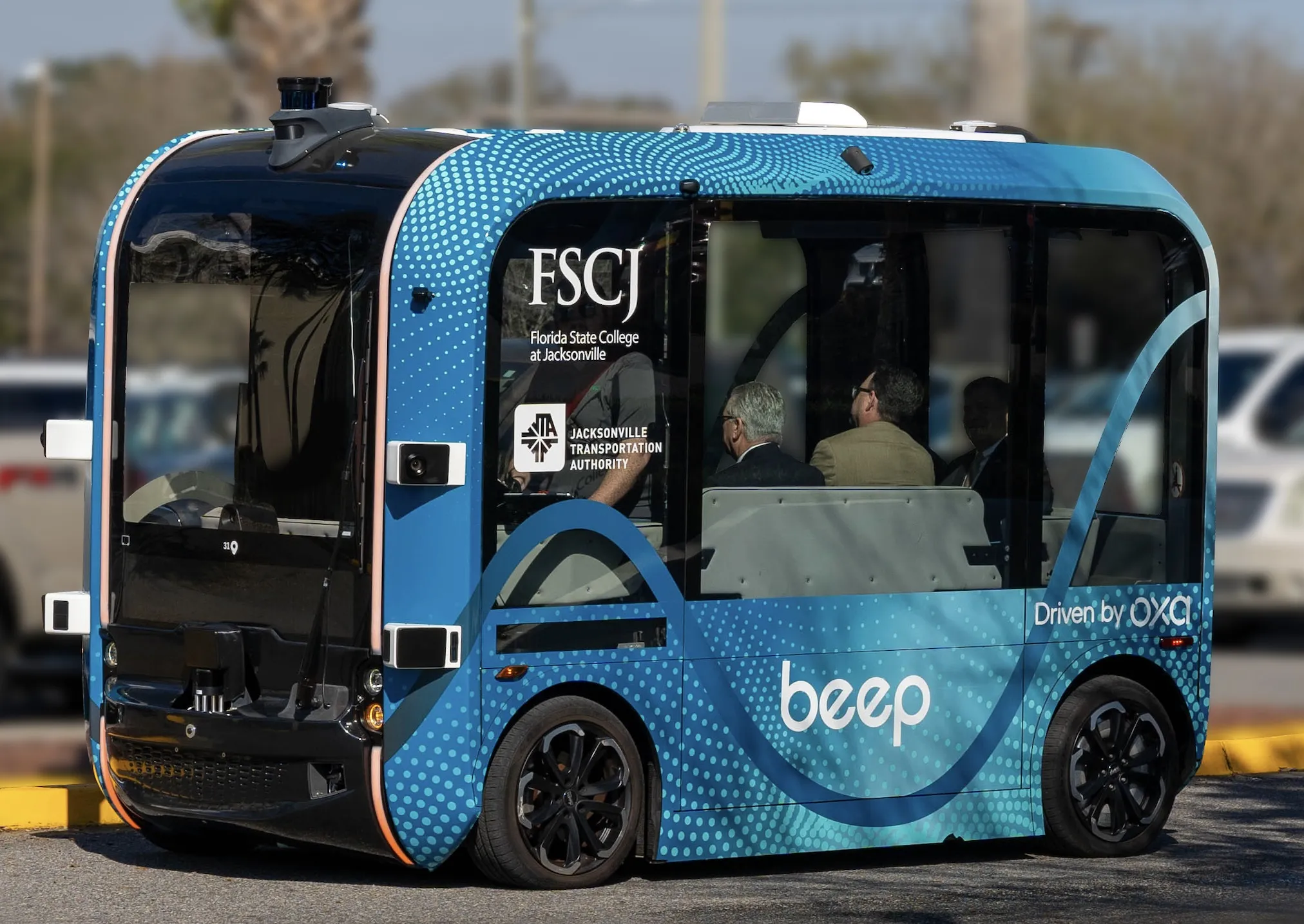
Flow Labs and Carahsoft Technology have announced a partnership to allow government agencies to procure Flow Labs’ traffic management platform.
Flow Labs is a transportation software technology company specialising in artificial intelligence, while Carahsoft is a government IT solutions provider.
Under the agreement, Carahsoft will serve as Flow Labs' public sector distributor. It will make Flow Labs’ solutions available through Carahsoft’s reseller partners and National Association of State Procurement Officials ValuePoint and Omnia Partners contracts.
“This partnership speeds the procurement process for our mutual customers and enables us to rapidly scale our presence in the public sector,” said Jatish Patel, chief executive of Flow Labs. “With Carahsoft’s support, we are confident in our ability to deliver transformative transportation solutions to government agencies nationwide, making it easier for them to enhance their roadways.”
Flow Labs’ digital twin platform integrates signal data, detection data and connected vehicle data into a unified traffic management platform that optimises traffic flow and enhances regional mobility. The collaboration means infrastructure owners and operators across the US can access Flow Labs’ optimisation solutions through Carahsoft contract vehicles and reseller network, bypassing lengthy RFP - request for proposal - processes.
Flow Labs said that the partnership reflects its commitment to making every aspect of the engineering process simple, seamless and as easy as a single click. This philosophy extends beyond engineering tasks to include procurement, ensuring that agencies across the country can effortlessly access the Flow Labs platform and deploy it to enhance transportation infrastructure immediately.
The partnership will accelerate the deployment of next-generation traffic management solutions and support the ongoing transformation of the US transportation landscape, said Lacey Wean, director of smart cities solutions at Carahsoft.
“Their comprehensive suite of advanced management solutions enables engineers to optimise signal performance, enhance roadway safety and mitigate congestion. Together with Flow Labs and our reseller partners, we are committed to providing the public sector with effective solutions that address the complexities of modern traffic management and safe cities.”









